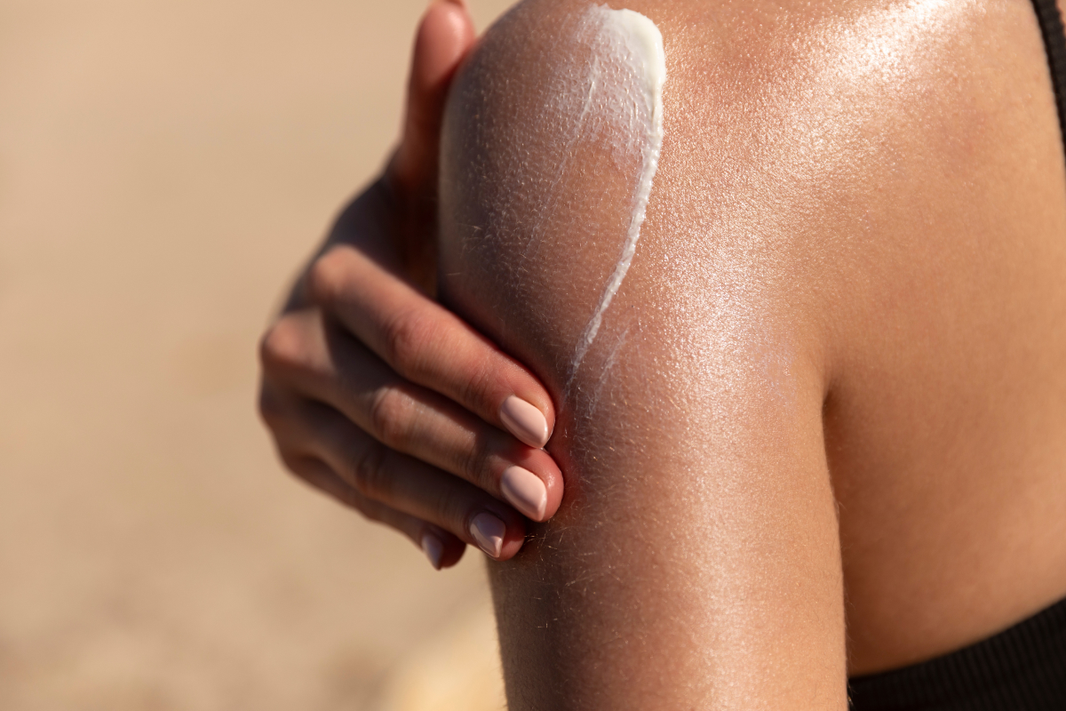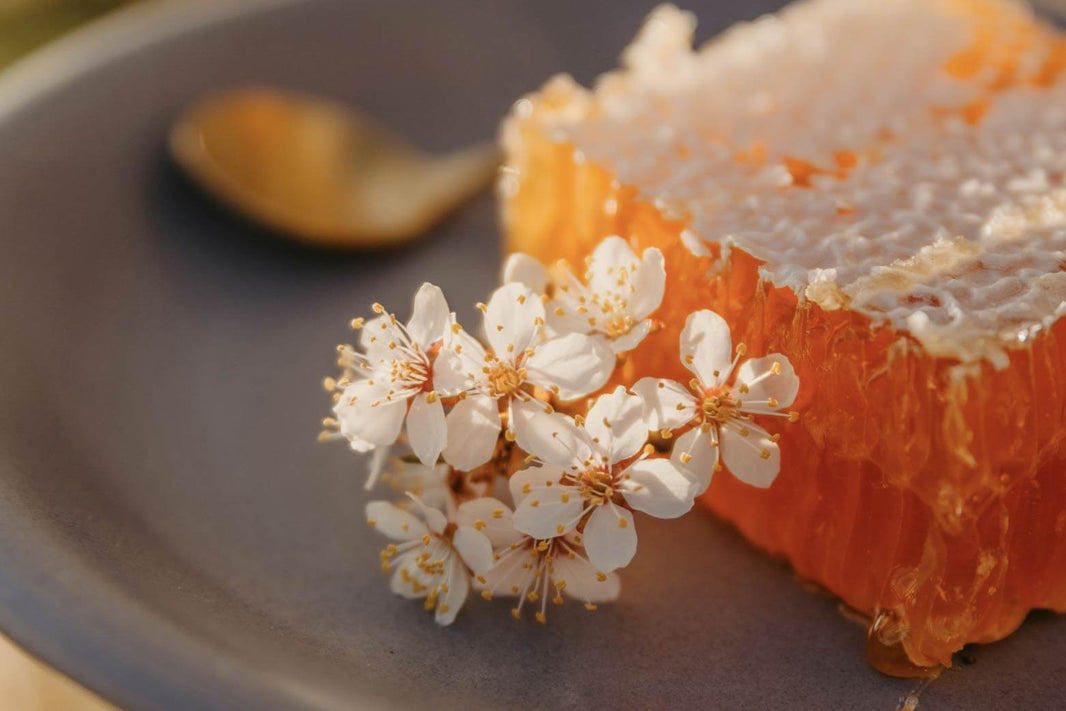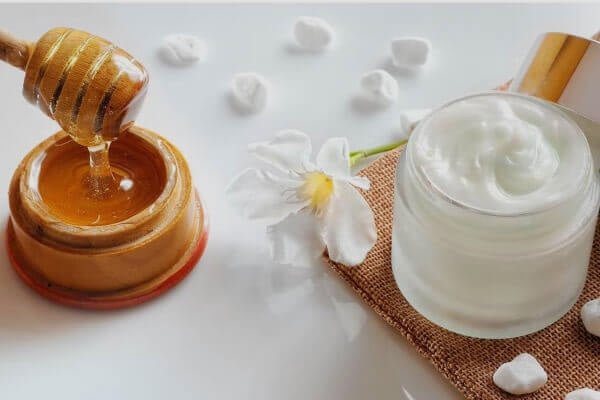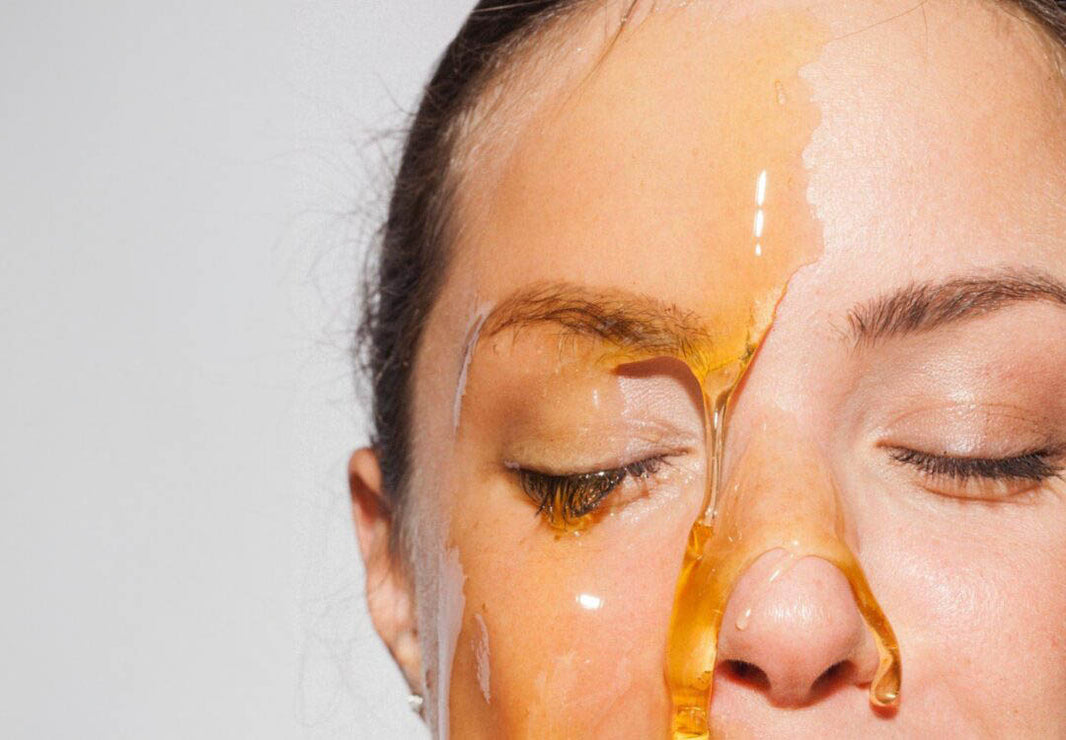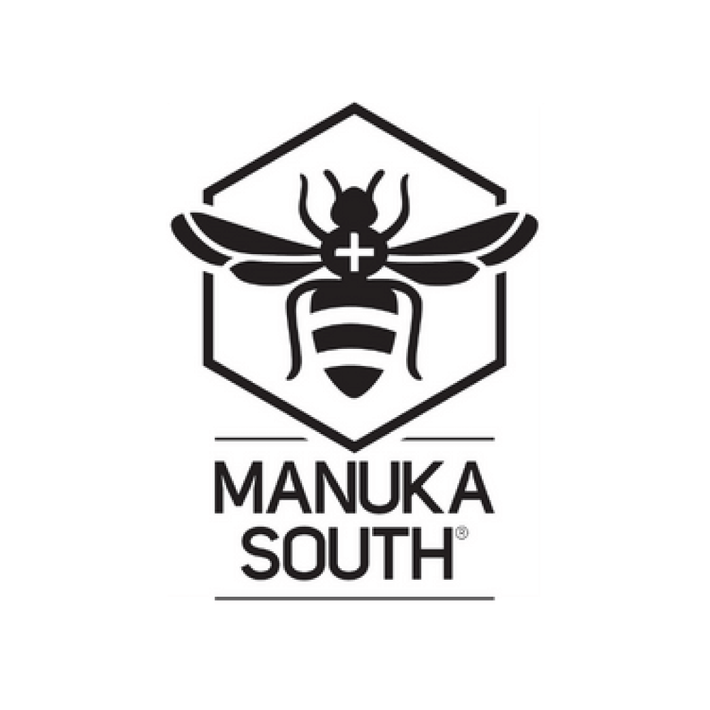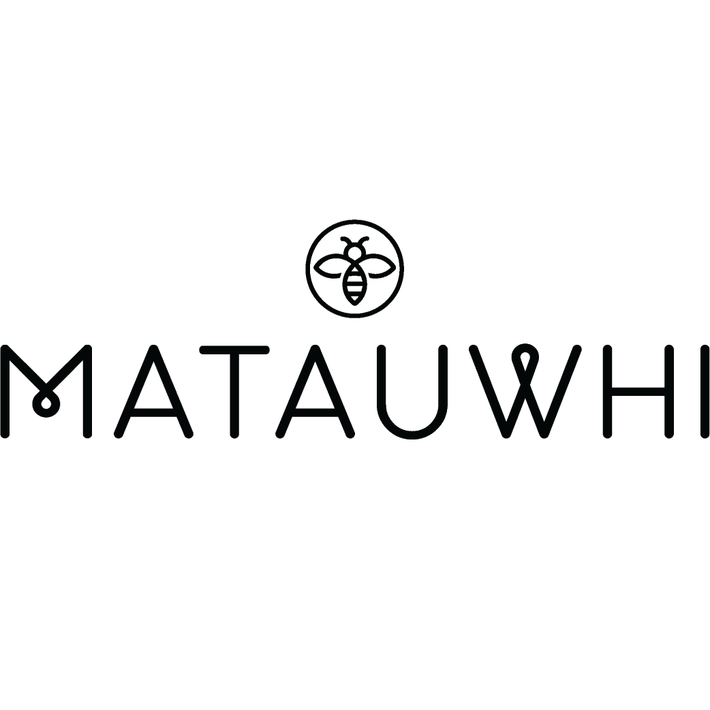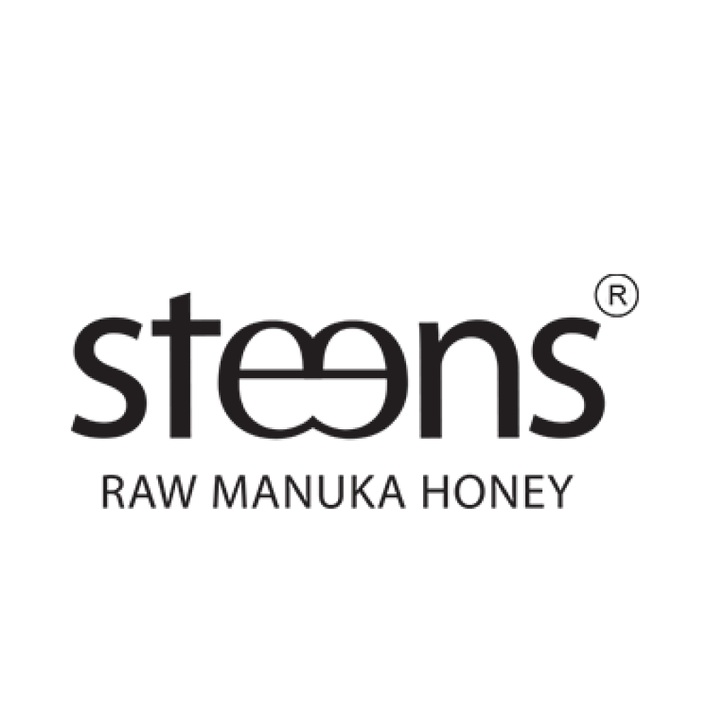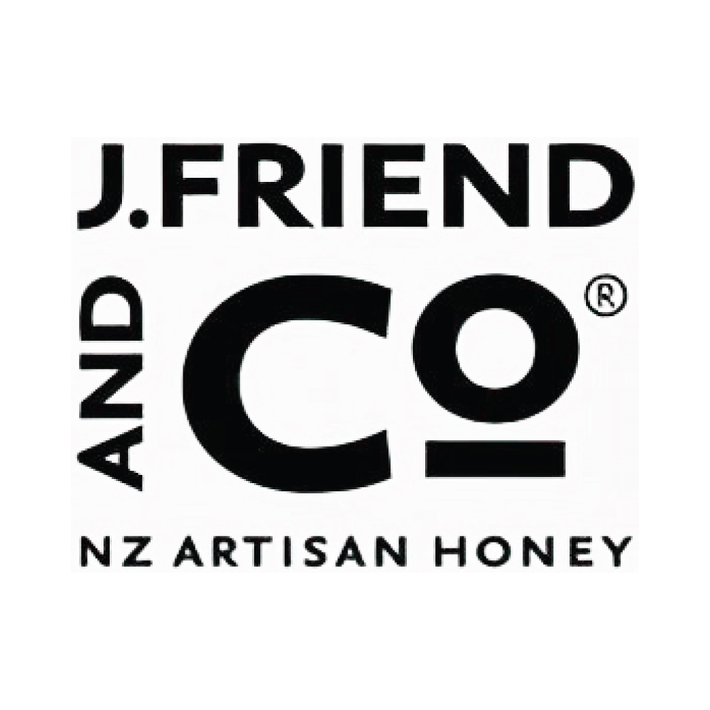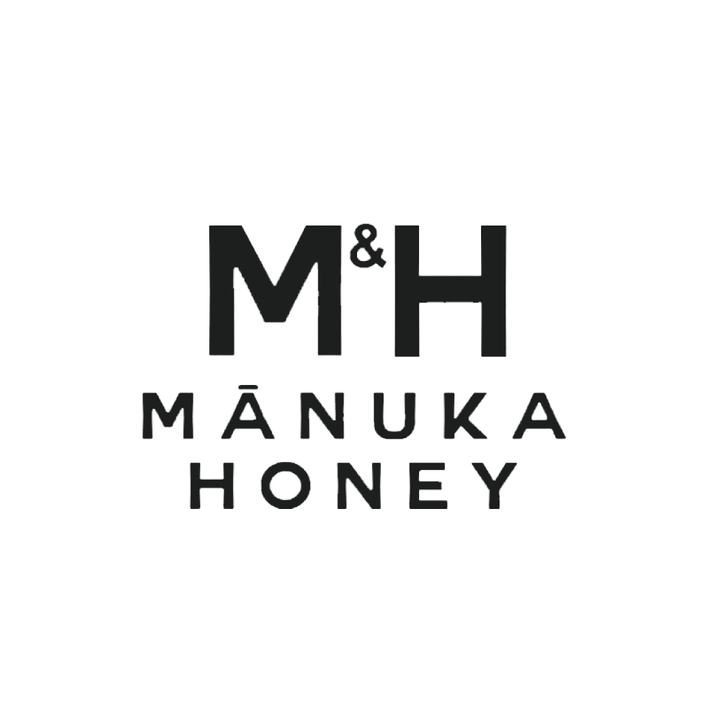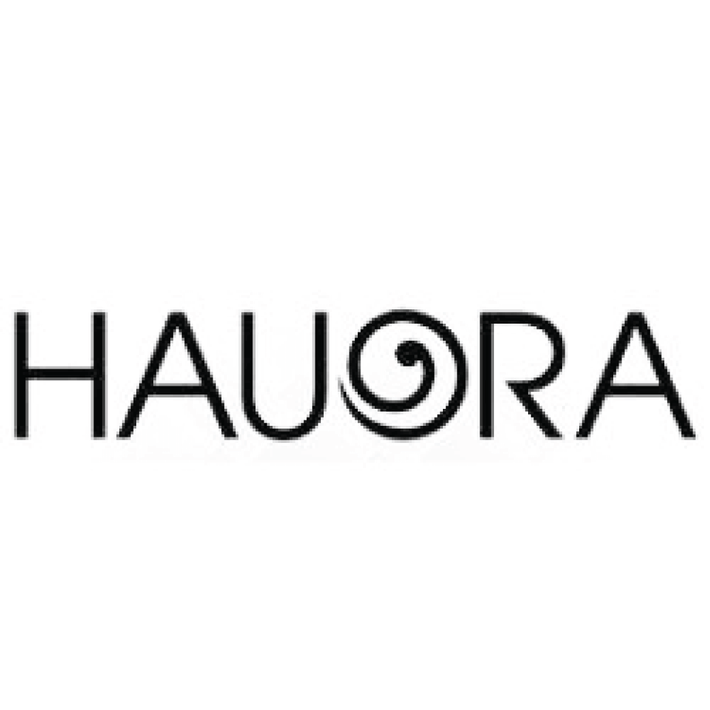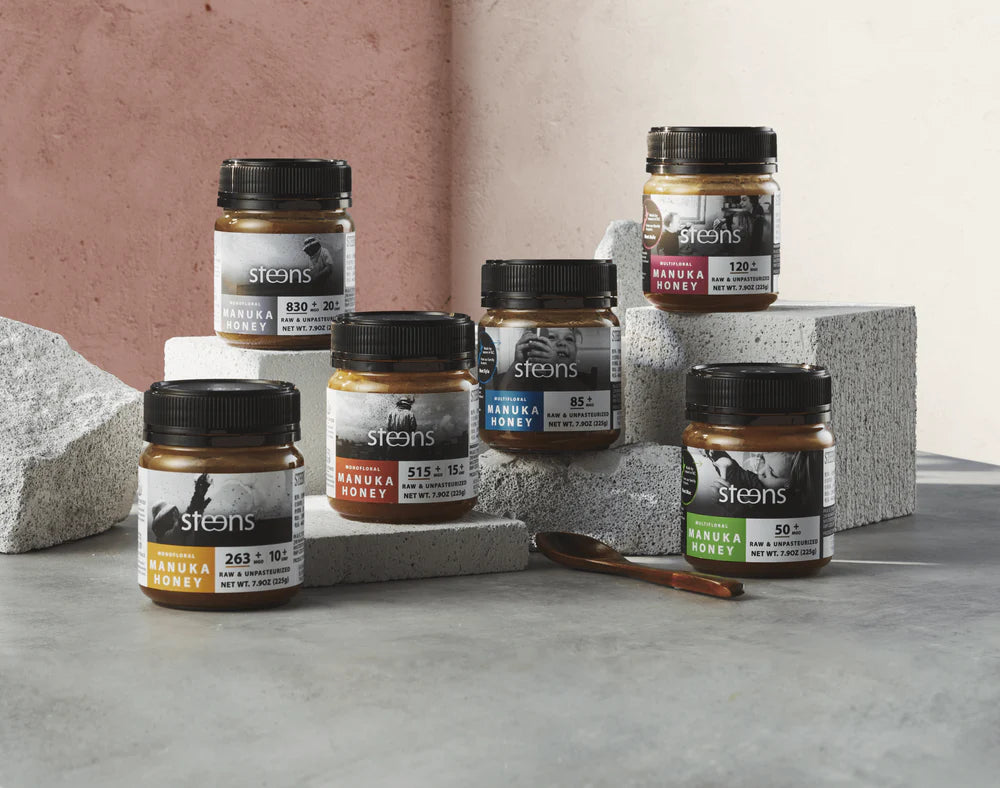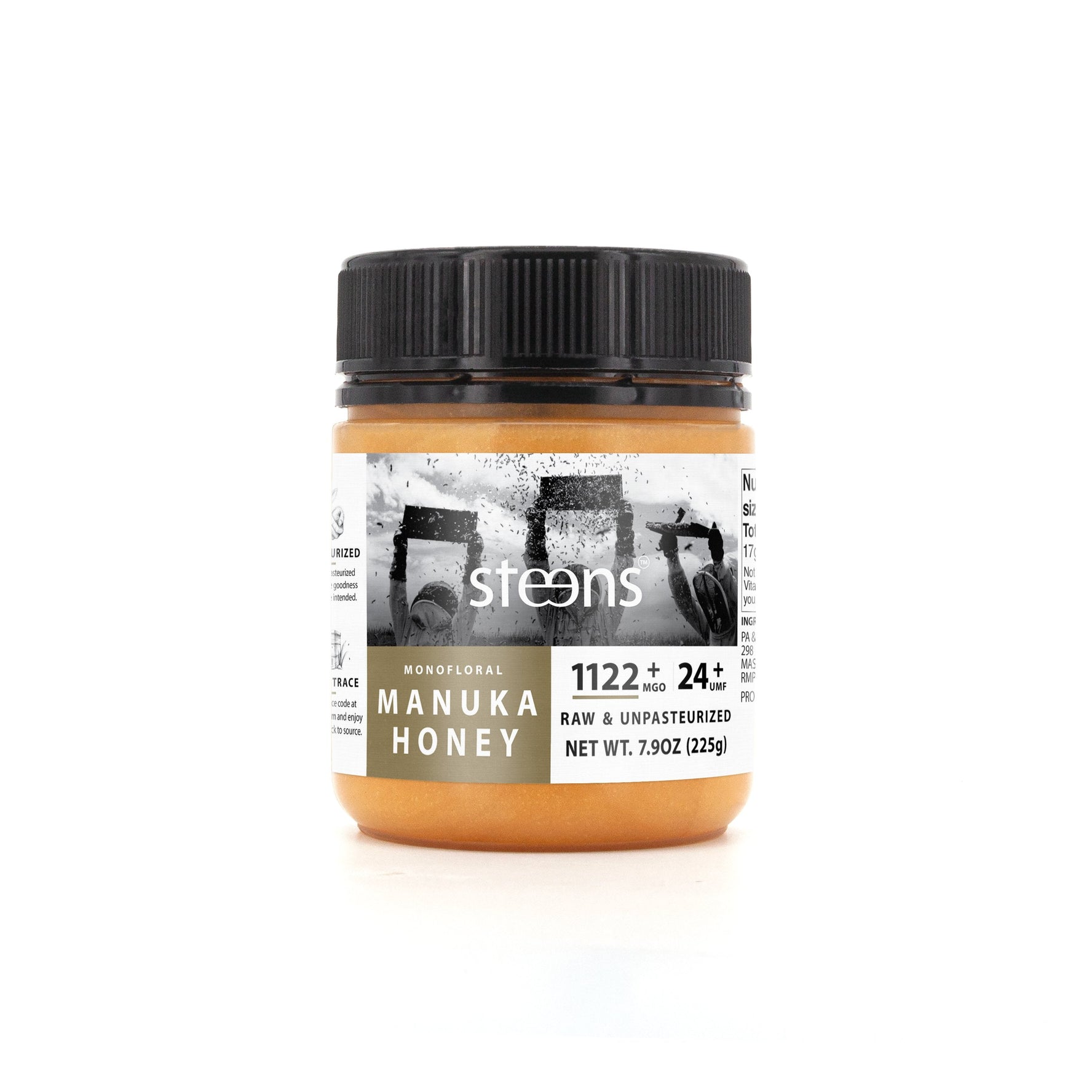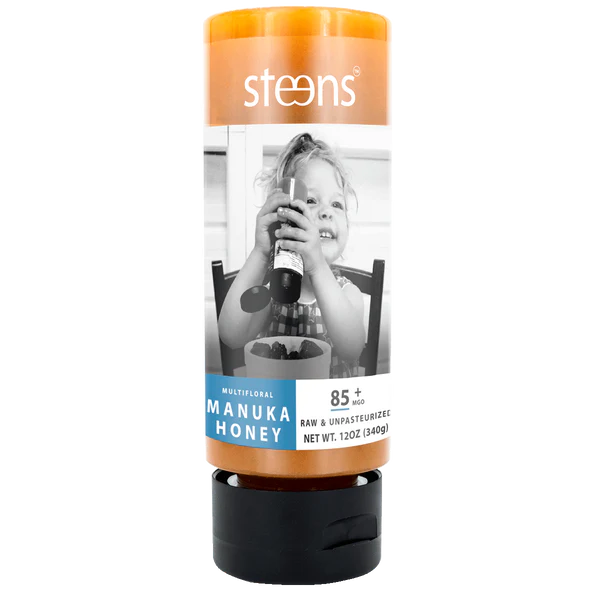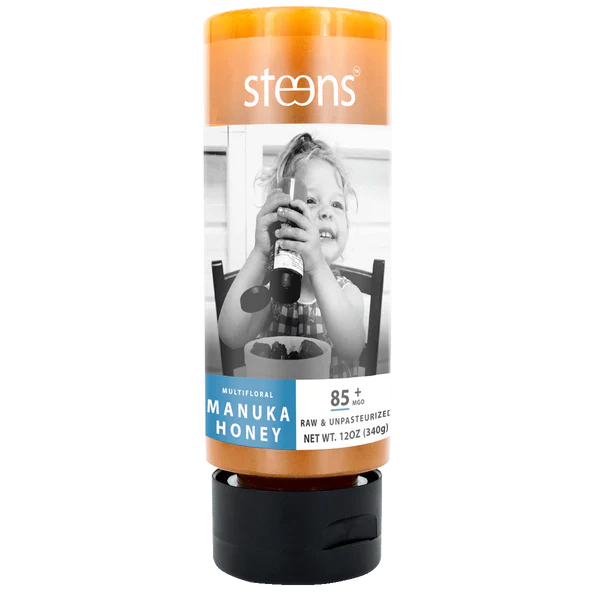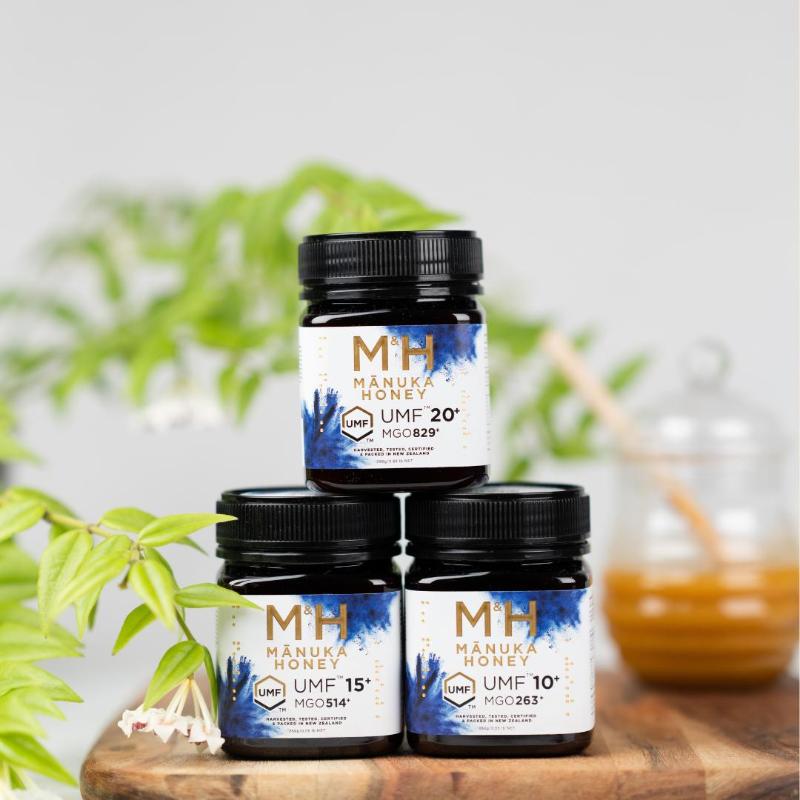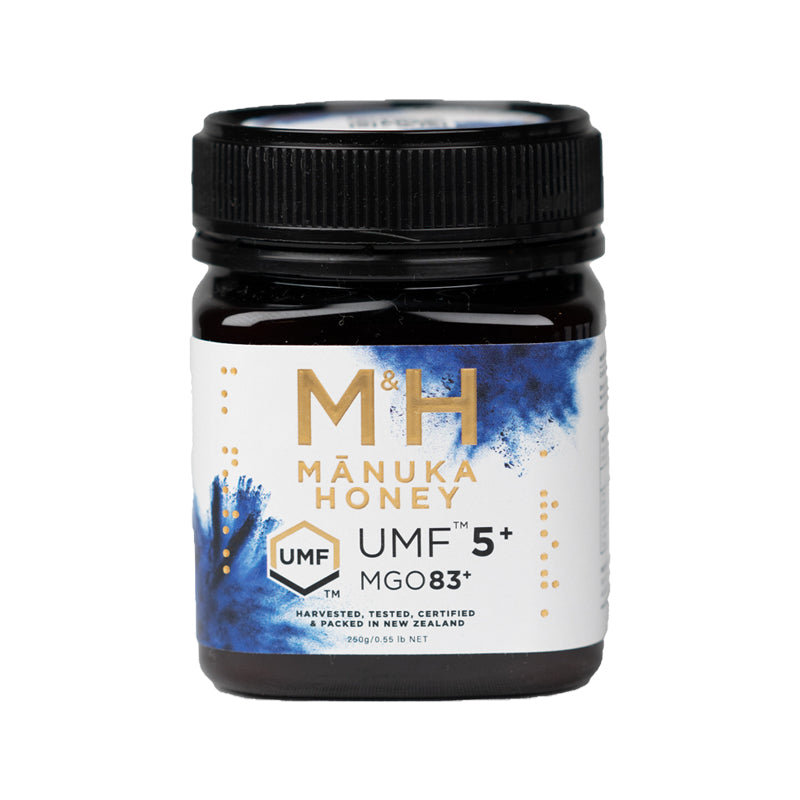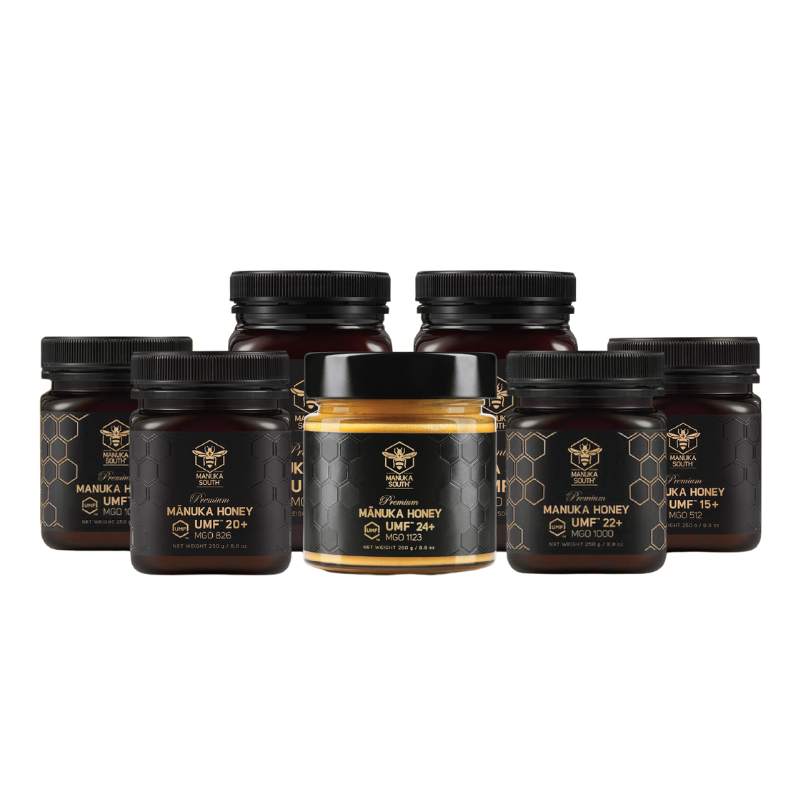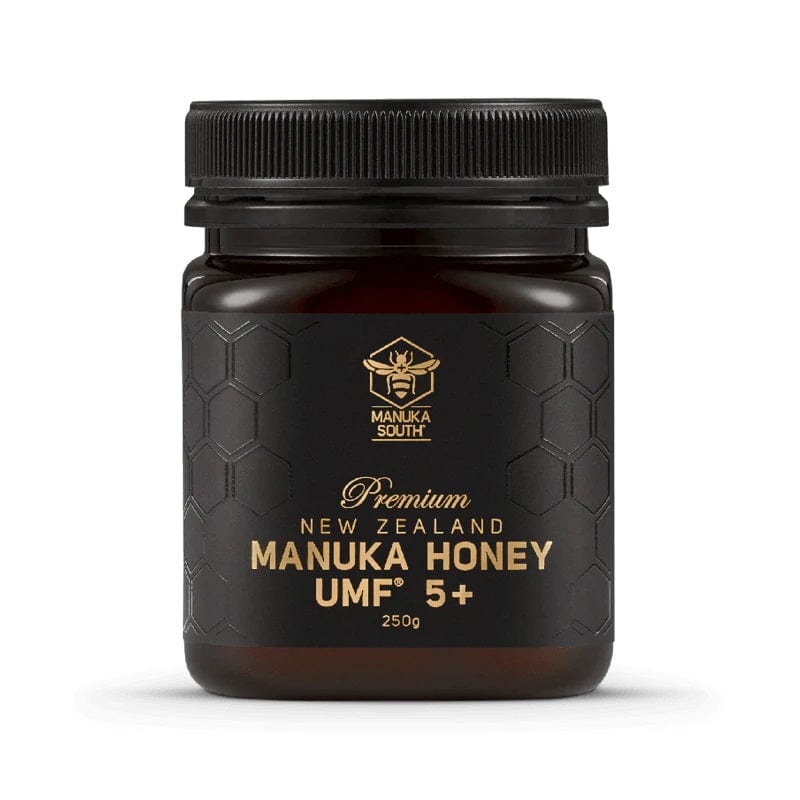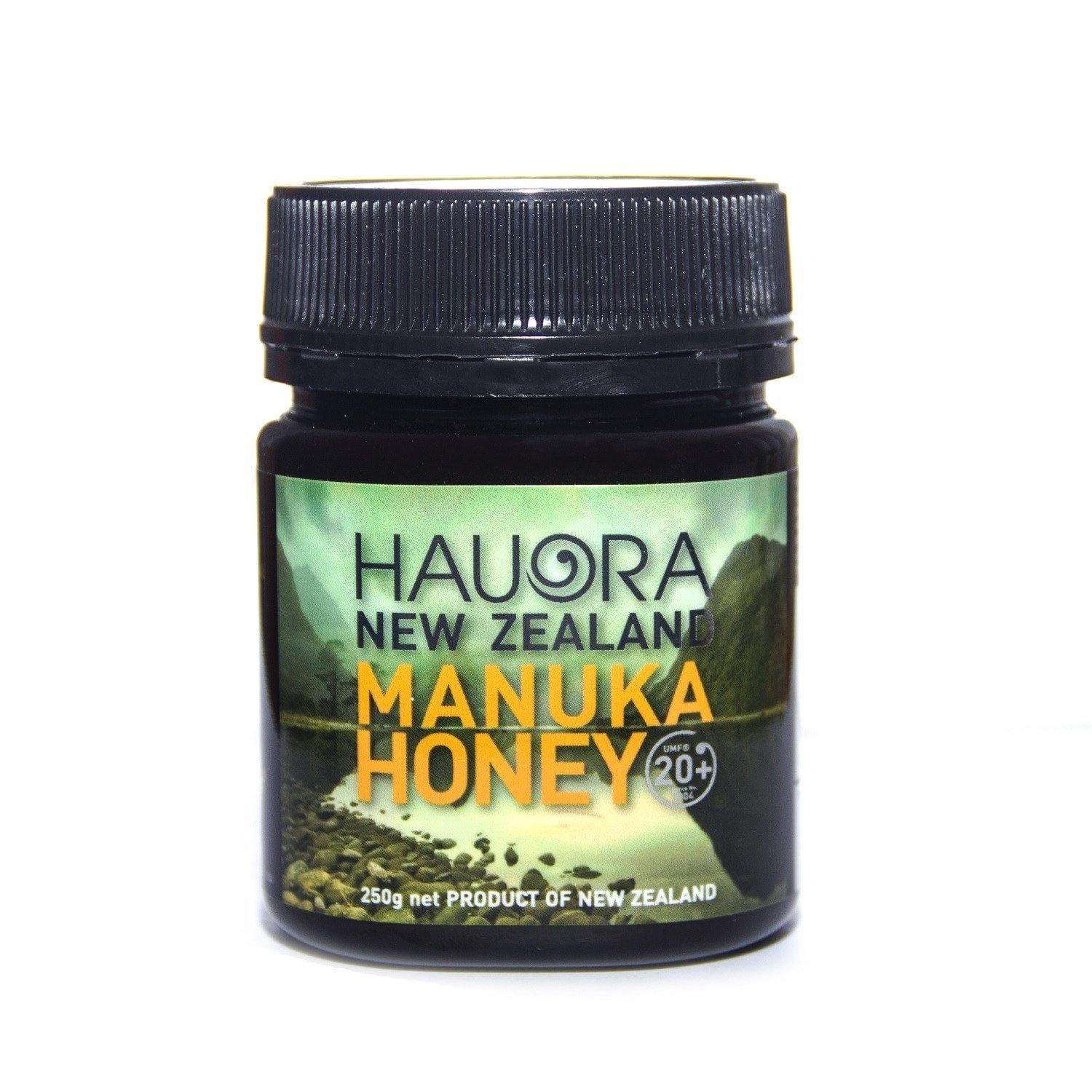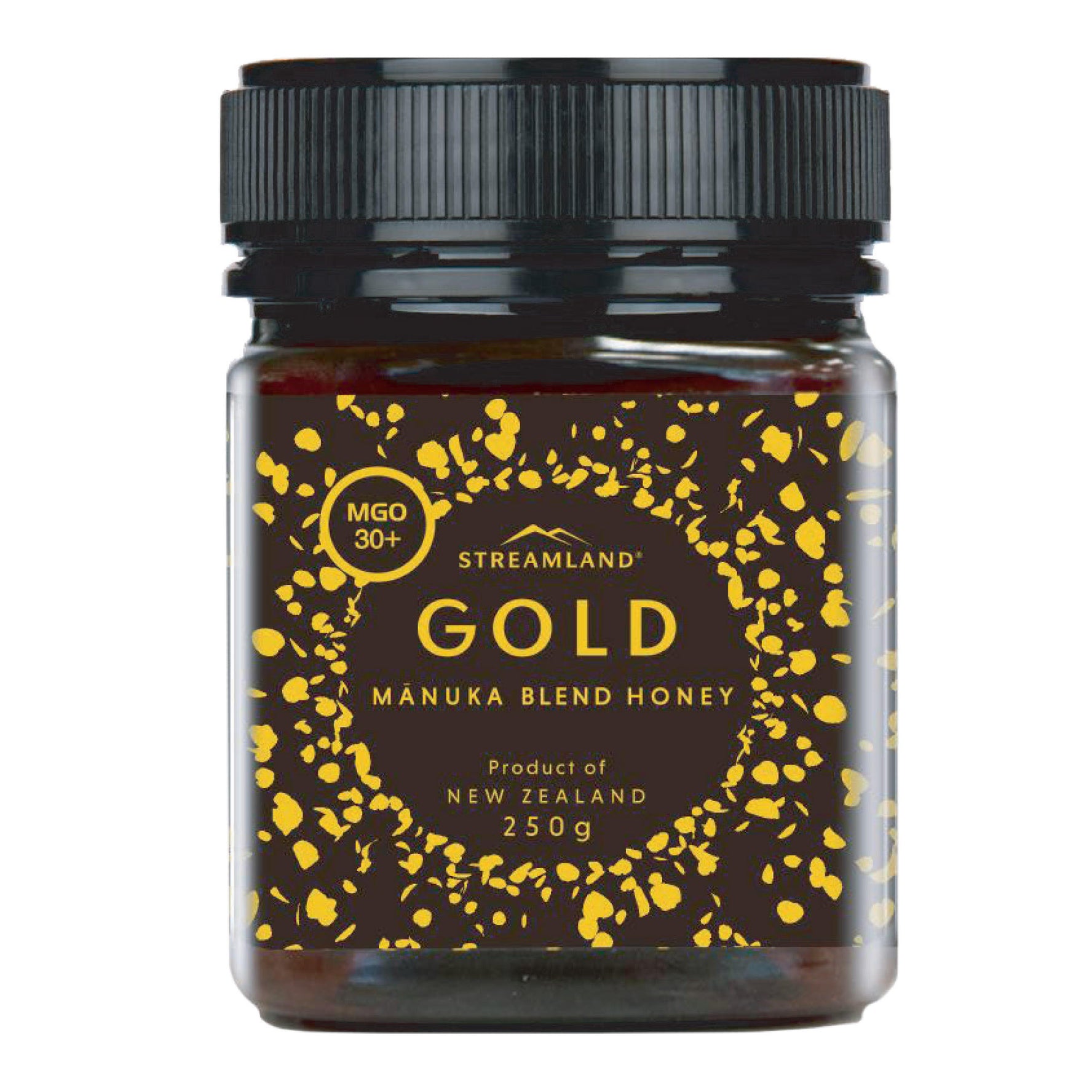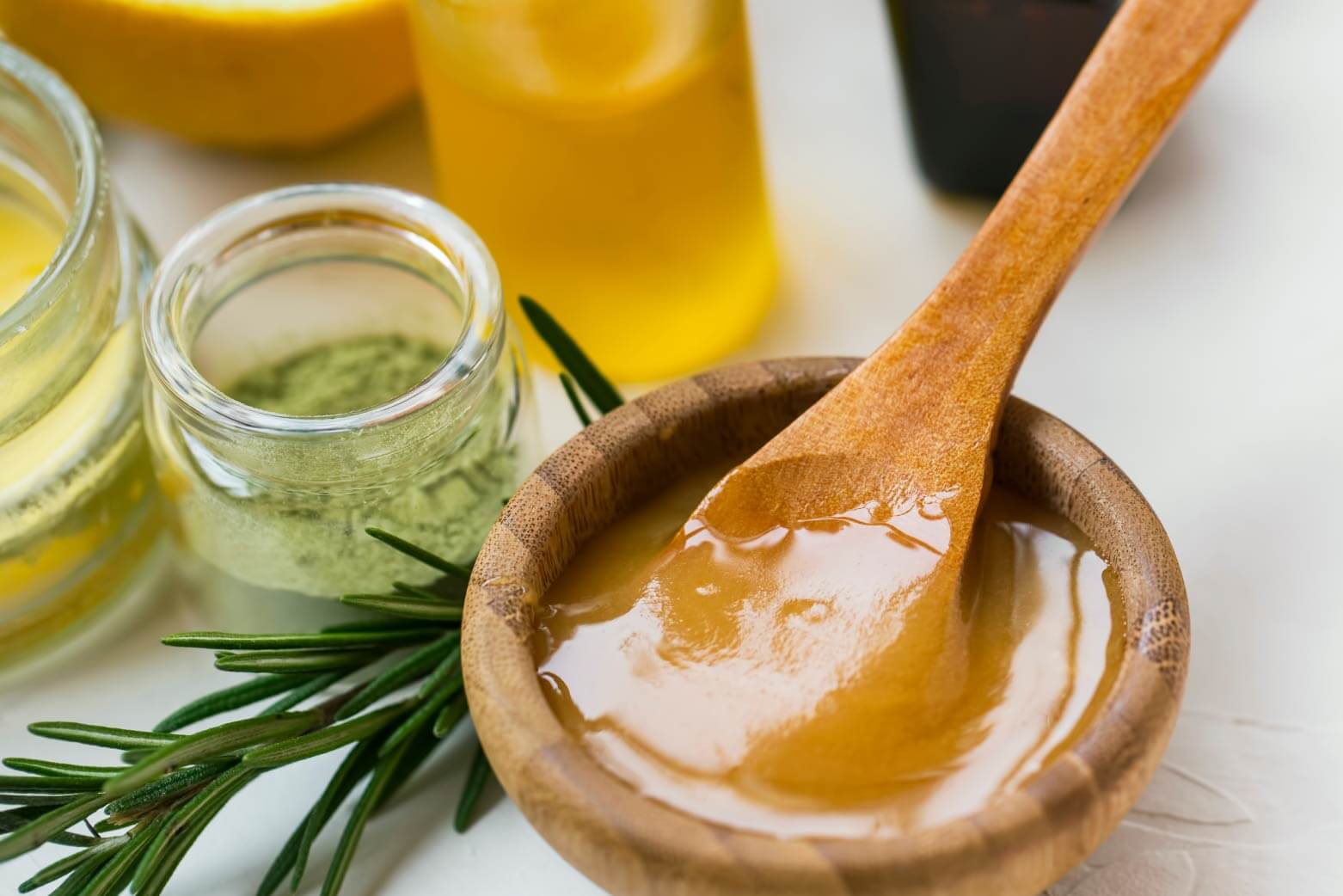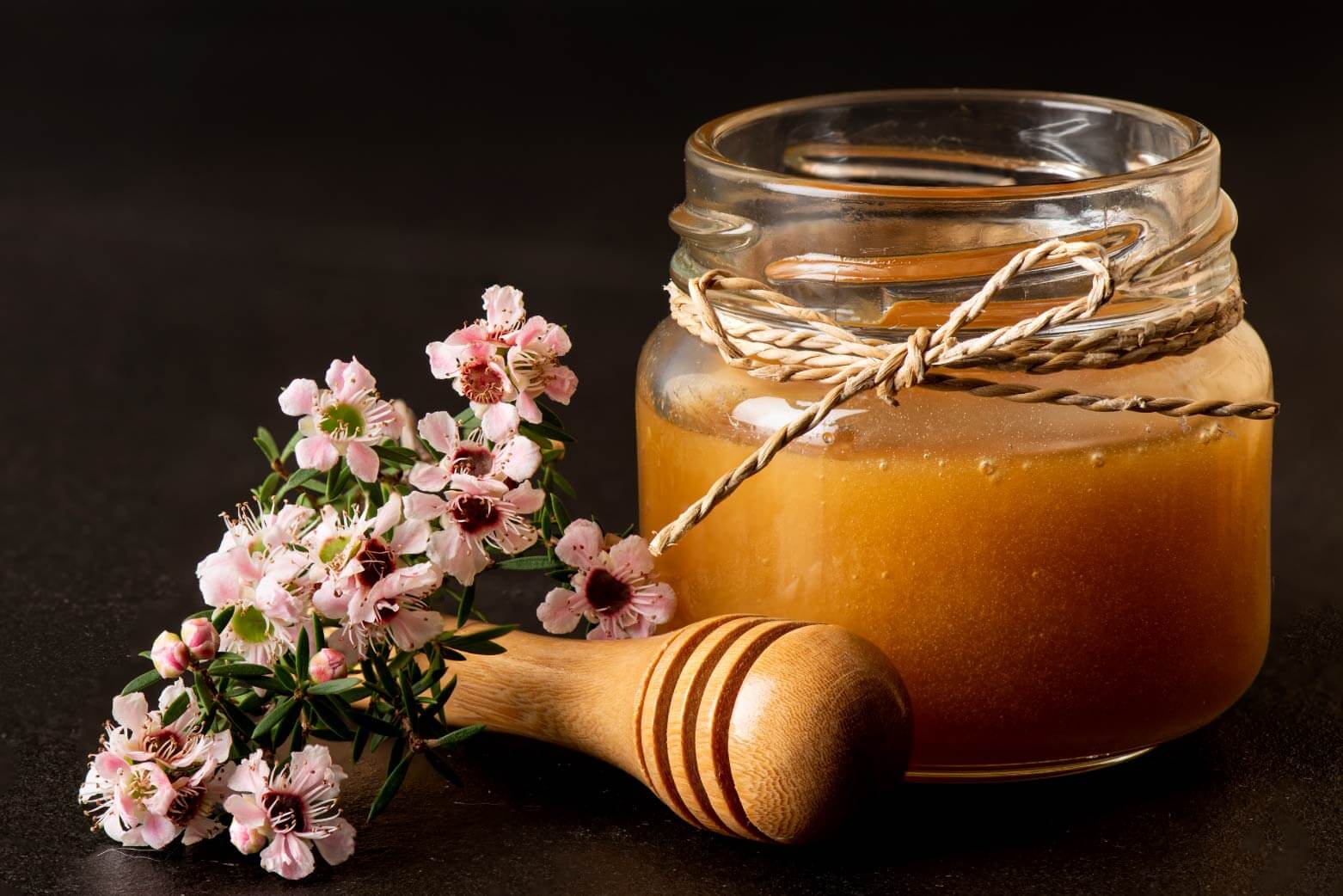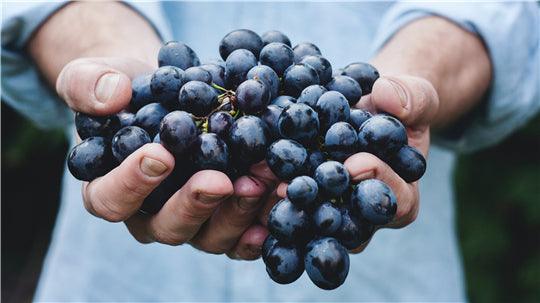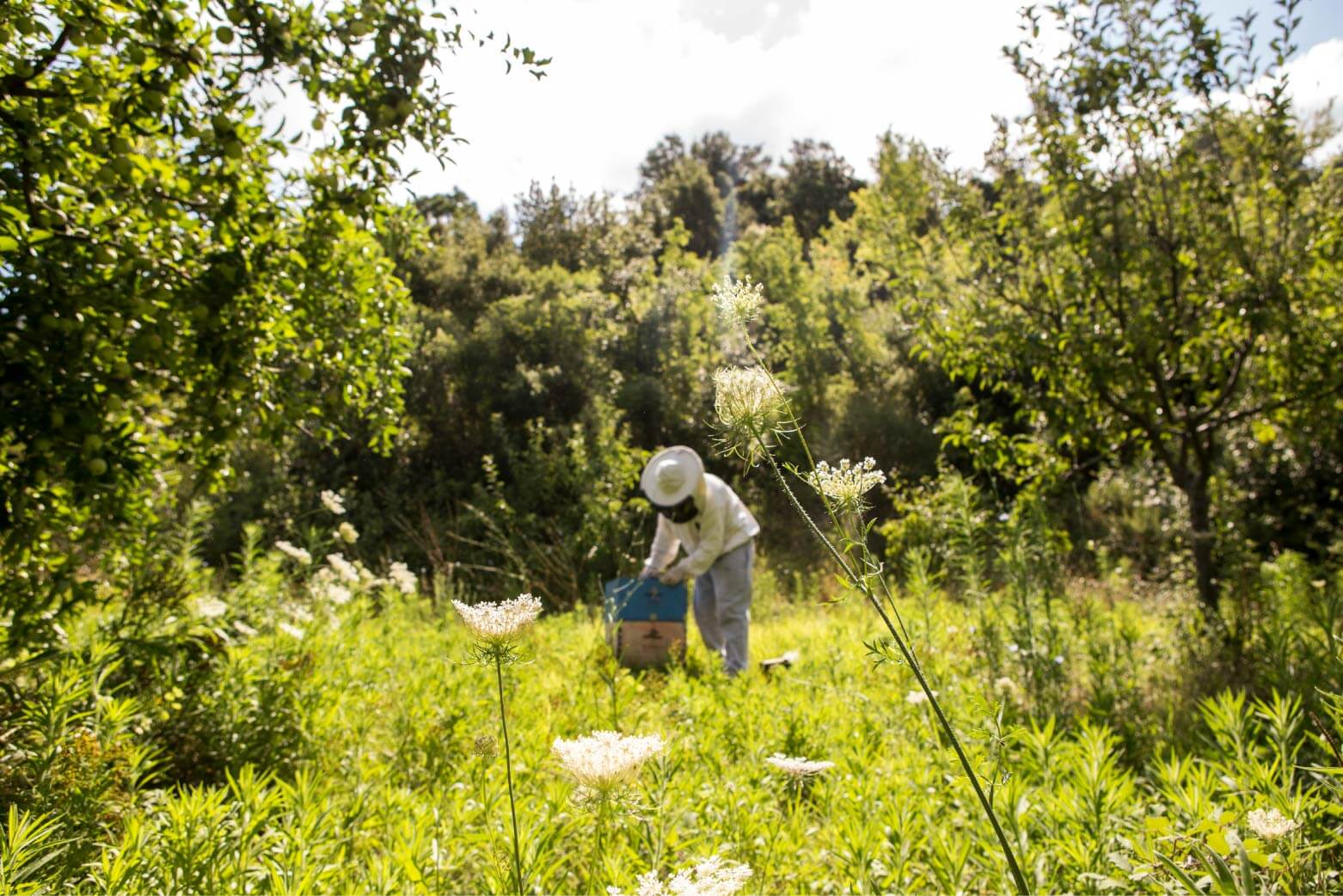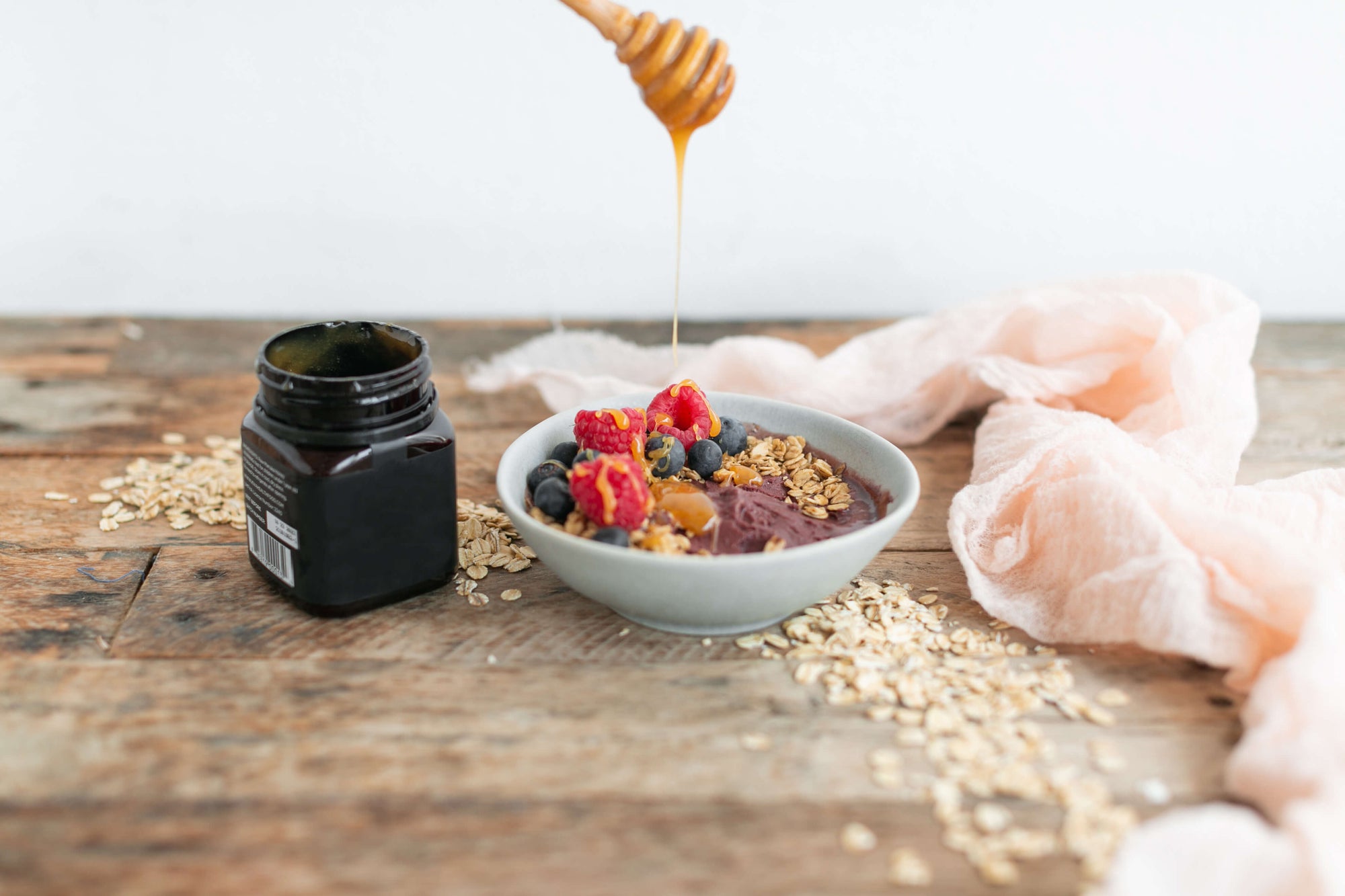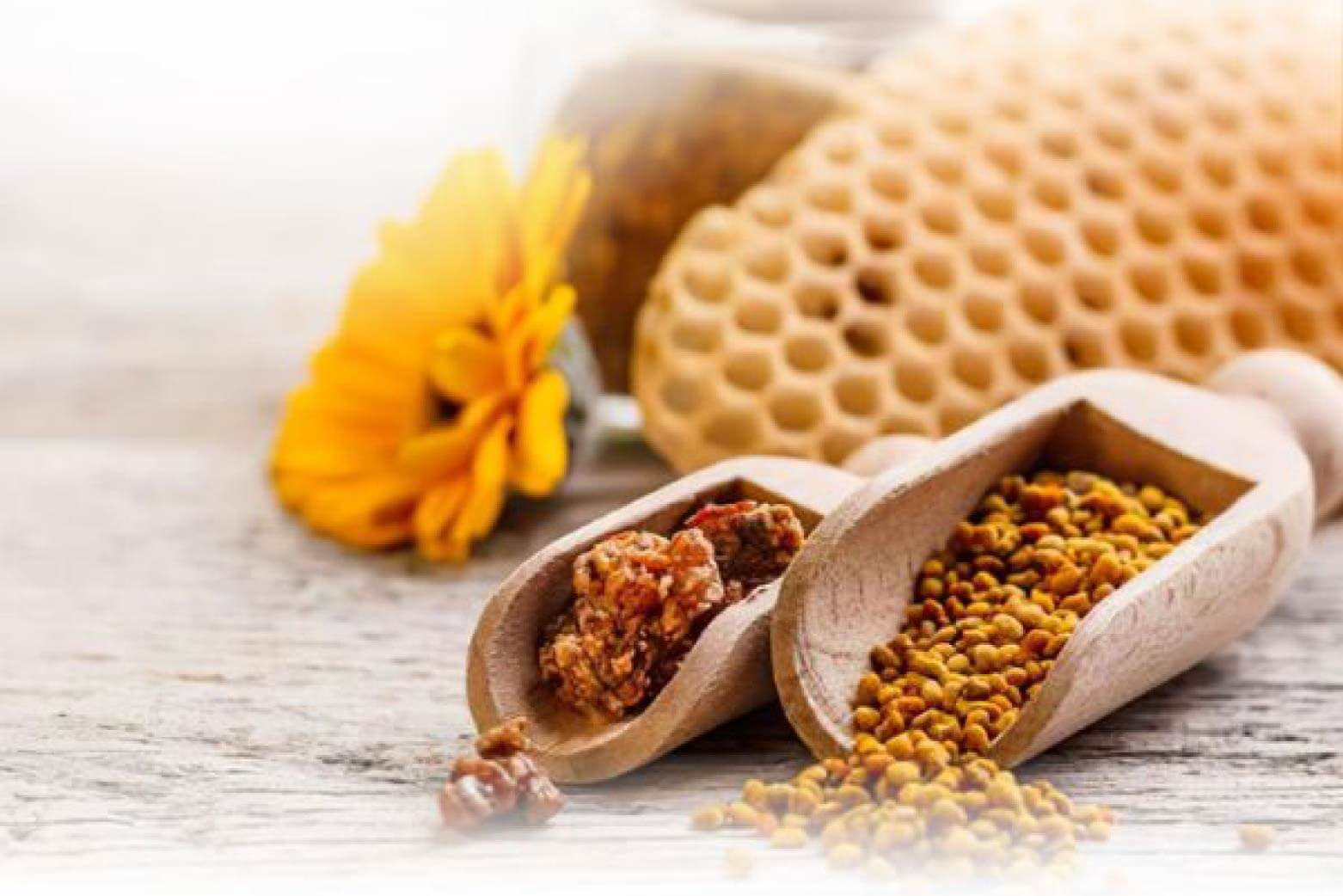What is Manuka Honey?


Real Manuka Honey is made in New Zealand by bees that pollinate the native Manuka bush. It is a combination of the nectar and the way the bees turn it into honey that gives it its unique properties
Honey has been used since ancient times to treat multiple conditions. It wasn't until the late 19th century that researchers discovered that honey has natural antibacterial qualities.
Honey protects against damage caused by bacteria. Some also boost production of special cells that can repair tissue damaged by infection. And honey has an anti-inflammatory action that can quickly ease pain and inflammation.
Hydrogen peroxide gives most honey its antibiotic quality. But some types, including Manuka honey, also have other ingredients with antibacterial qualities.
The major antibacterial component in Manuka honey is methylglyoxal (MG). MG is a compound found in most types of honey, but usually only in small quantities.
In Manuka honey, MG comes from the conversion of another compound, dihydroxyacetone, that is found in high concentration in the nectar of Manuka flowers.
The higher the concentration of MG, the stronger the antibiotic effect. That explains why Manuka honey could be 100 times more potent in its antibacterial properties than other honey.
What is so special about Manuka honey?
Manuka honey is special because of limited quantity. Manuka trees grow mostly in New Zealand and only flower for a few weeks every year (2-6 weeks approximately) so there is a limited time and quantity for it to be made. Besides, the amount of Manuka honey made each year can also be influenced by weather conditions and how much nectar the flowers produce.
Most importantly, there are those health benefits Manuka honey is famous for. Our Manuka honey is all natural consisting of antioxidants. It is antibacterial and bacterial resistant, meaning that bacteria should not be able to build up a tolerance to its antibacterial effects. Manuka honey is effective for treating everything from a sore throat to clearing up blemishes on your skin.
Honey has long been recognised as having unique properties that can assist with wellbeing and getting the most out of life. Honey is widely used as a natural remedy by different people around the world. Manuka honey possesses the strongest antioxidant and antimicrobial properties among all honey.
Manuka honey can also be a great benefit for sports or physical activities. The glucose in honey is absorbed quickly to provide immediate energy, while the fructose is absorbed over time to offer sustained energy delivery. In fact, Manuka honey has been proven to sustain blood sugar levels for longer periods than sugar, sports gels and energy bars, meaning it is equally beneficial to athletes, recreational sports players wanting to avoid the ‘crash’ of sugar products.

Novak Djokovic, one of the top ranking professional tennis players in the world, once wrote in his book “Serve to Win”:
The second thing I do might really surprise you: I eat two spoonfuls of honey. Every day. I try to get Manuka honey, which comes from New Zealand. It is a dark honey made by bees that feed on the Manuka tree (or tea tree), and has been shown to have even greater antibacterial properties than regular honey.
I know what you're thinking: Honey is sugar. Well, yes, it is. But your body needs sugar. In particular, it needs fructose, the sugar found in fruits, some vegetables, and especially honey. What it doesn't need is processed sucrose, the stuff in chocolate, soda, or most energy drinks that gives you an instant sugar shot in the body, where you feel like "Wow!"
I don't like "wow." "Wow" is no good. If you have "wow" now, that means in thirty minutes you're going to have "woe."
How do you take Manuka honey and which honey should you take?
People consume Manuka honey in many ways. Here are a few ways to consume Manuka honey: 1. consume one or two teaspoons of raw honey daily for good health. 2. stir into your favourite tea or water or drinks. 3. use it to naturally sweeten smoothies. Remember, honey is almost twice as sweet as sugar. 4. combine with oil and vinegar for a salad dressing. 5. use it as a face wash to help improve skin health!
In order to determine which honey suits you best, we need to understand what MG means on our Avoca Manuka honey labels:
What are the differences between UMF and MG?
UMF and MG are standardised indicators of the concentration of some of the bioactive chemical compounds found in Manuka honey in any given sample of the stuff. Bioactive chemical compounds, when applied to your skin or digested in your digestive tract, are able to give your body unique assistance in resisting infection, improving skin health and aiding digestion. UMF and MG are two individual grading systems. UMF is an acronym meaning Unique Manuka Factor. UMF is a complete and advanced grading system. It incorporates the measurement of MG levels, but also includes additional testing of authenticity markers of the Manuka Honey. This includes dihydroxyacetone and leptosperin. UMF is an indicator of quality and purity of Manuka honey. MG stands for methylglyoxal, the naturally occurring compound that makes Manuka Honey so unique. An MG rating is a standardised measure of methyglyoxal content and is an indicator of quality.
Is UMF or MG better?
Because UMF is a complete, advanced grading system, it is a purer indicator; but MG is simpler and more straightforward to test. Therefore, you cannot say one is more reliable than another.What are the different gradings?
A UMF grading is usually between 5 and 25. A UMF 30 honey is possible but uncommon. A MG grading will be between double digits and 2000 (above 2000 is not common).
In our honeys, MG rating is expressed as [number]+, indicating that the methylglyoxal content is the number or above.
Although UMF and MGO measure different things, there is still a relationship between MG and UMF values.
Below is a table of rough parities.

- UMF 5 = MG85
- UMF10 = MG265
- UMF15 = MG515
- UMF20 = MG835
What strength of Manuka honey is best?
The higher the MG the higher the anti-bacterial activity. We recommend MG85 for daily use, MG265 & MG515 for everyday boost and MG835 for maximum strength.
At Avoca, every batch of our Manuka honey is tested for a range of chemical markers to prove it is genuine. Avoca is proud to be a New Zealand company whose hives are in Bay of Islands, New Zealand. Our honey is made and packed in New Zealand.

